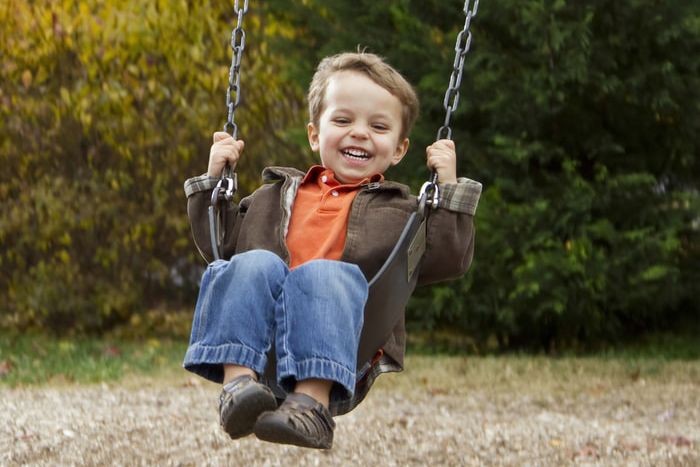Free, online course launched to help adults promote children’s social and emotional learning through play in times of stress

Faculty of Education researchers have helped to develop a new, online course, which enables both parents and other adults who work with children to support their social-emotional learning and wellbeing through play during times of change or stress.
The Massive Open Online Course, or ‘MOOC’, is called Coping with Changes: Social-Emotional Learning Through Play. The course has been developed by the LEGO Foundation, which promotes play and its fundamental role in children’s learning and development. The content of the MOOC was developed collaboratively by a team of experts in child development and education.

Coping With Changes: Image by permission of the LEGO Foundation.
Coping With Changes: Image by permission of the LEGO Foundation.
The team was made up of experts from the Faculty’s Research Centre for Play in Education, Development and Learning (PEDAL), the Ecological Approaches to Social Emotional Learning (EASEL) Lab at the Harvard Graduate School of Education, the Global Center for the Development of the Whole Child, the Mental Health and Psychosocial Support (MHPSS) Collaborative and New York University.
The overall aim is to provide any adults with children in their lives – not only parents, but also caregivers, teachers, and other professionals – with an introduction to how play helps children and young people to develop essential social and emotional skills, such as processing emotions, managing behaviour and building positive relationships. The course will demonstrate good play-based learning practice and will explore the role of play in promoting wellbeing, especially during times of crisis or stress.
Despite an abundance of scientific evidence demonstrating its importance in supporting children’s learning and development, play is often still treated as a frivolity. The MOOC provides guidance on how play can be promoted as an essential component of childhood and education, building on the LEGO Foundation’s five ‘Characteristics of Playful Experiences’. This is the research-based principle that learning through play happens when an activity: (1) is experienced joyfully; (2) helps children to find meaning in what they are doing; (3) involves active, engaged, minds-on thinking; (4) covers iterative thinking and (5) involves social interaction.
Learning through play is one of the key vehicles to help children and adults cope with changes
Amy Jo Dowd, Head of Evidence at The LEGO Foundation, said: “Children across the world are experiencing a wide variety of changes due to COVID-19, many of which can have negative social and emotional impacts. We believe that learning through play is one of the key vehicles to help children and adults cope with changes as well as to build upon their social and emotional skills, which are especially important during times of challenge and crisis.”
Three researchers from PEDAL – Research Assistant, Natalie Kirby, Dr Elizabeth Byrne and Professor Paul Ramchandani, have authored content for the course unit that focuses on early childhood (ages 0-3). The PEDAL Centre specialises in academic research into the role of play in young children’s lives.
The unit provides an introduction to the cognitive development, growth and social-emotional learning that occurs during these early years, explains the attachments and relationships that babies and young children form, and provides information about their language and communication skills, their developing ability to read and express emotion, and their social and playful interactions.
The unit also covers the different levels and types of stress that young children experience on a daily basis, and the impact that moments of crisis in a child’s life – such as a sudden and unexpected change to their domestic circumstances, or the lockdown recently enforced as a result of the COVID-19 pandemic – can have on interrupting their social-emotional learning. Guidance is provided on how to mitigate those effects.
In addition, participants will be able to discuss and share ideas about how they can support young children in their various caregiving and professional roles, and design their own playful, social-emotional learning interaction for babies and toddlers.
The course also includes an introduction to a wide range of other useful resources and information developed by the PEDAL research team. These can be accessed through the dedicated PEDAL Hub, which can be found here.

